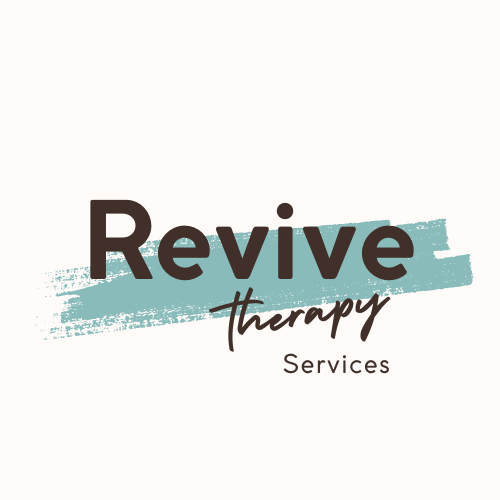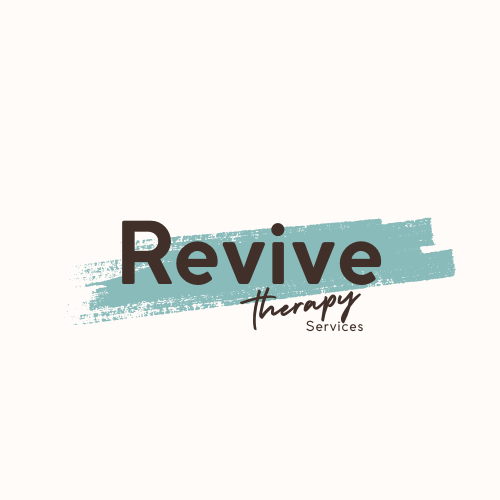The Small Ways Your Complex Trauma Might Be Impacting Your Life (Without You Even Realizing It)
When we think of trauma, we often picture something obvious — a major event, a single painful experience, something that feels “big enough” to explain why we struggle.
But complex trauma doesn’t always look that way. It’s not always loud. Sometimes, it’s the quiet ache that shows up in your everyday life — the self-doubt that creeps in, the anxiety you can’t shake, the feeling of being disconnected from yourself or others.
Complex trauma often comes from what didn’t happen — the love, safety, or consistency that you should have received but didn’t. It’s the emotional neglect, the constant walking on eggshells, or the unpredictable environment that taught your nervous system to stay on alert.
And the truth is, those early experiences can shape how you move through the world long after the threat is gone.
How Complex Trauma Shows Up in Everyday Life
If you’ve experienced complex trauma, it can show up in ways that don’t immediately look like trauma responses. You might not even realize how much these patterns are connected to survival.
Here are some of the small but powerful ways it might be impacting your life:
1. You struggle to relax, even when things are “fine.”
When the body is used to chaos or unpredictability, calm can feel unsafe.
You might find yourself always on guard — scanning for what could go wrong, bracing for the next problem, or overworking just to keep busy.
That restless feeling isn’t weakness. It’s your nervous system still doing its best to protect you.
2. You feel uncomfortable when things are good.
Moments of joy, connection, or love might trigger anxiety.
If your system equated love with pain or inconsistency, then being cared for now can feel unfamiliar or even threatening. You might push people away, self-sabotage, or downplay the good because part of you doesn’t fully trust it.
3. You apologize — for everything.
You say “sorry” when someone bumps into you.
You say “sorry” for needing something, asking a question, or taking up space.
This isn’t about politeness. It’s about survival. If you grew up having to keep others calm or avoid conflict, your nervous system may still believe that being small keeps you safe.
4. You replay conversations on a loop.
You lie in bed analyzing what you said, how they might’ve taken it, and what you should’ve done differently.
This isn’t overthinking for the sake of it — it’s your brain trying to control outcomes to prevent rejection, disapproval, or danger. It’s an old safety strategy that just doesn’t serve you anymore.
5. You minimize your pain.
You might tell yourself “other people had it worse,” or that your childhood “wasn’t that bad.”
This is often a trauma defense. It helps you cope by downplaying your pain — but it also keeps you from fully validating your own experience.
Your pain doesn’t have to reach some threshold of tragedy to be real.
6. You feel disconnected from yourself.
You might zone out, go through the motions, or feel like life is happening around you instead of through you.
This dissociation is another trauma response — a brilliant way your body once protected you from overwhelming experiences. But now, it might keep you from feeling fully alive.
Why These Patterns Are Hard to See
Because complex trauma becomes the baseline, these patterns often feel like just “how I am.”
You might think you’re just anxious, shy, or too sensitive — when in reality, these are learned adaptations from a time when you had no other choice.
That’s why insight alone isn’t enough. You can understand the patterns intellectually, but your body — your nervous system — still reacts as if the danger is present.
The Role of the Nervous System in Healing
When you’ve experienced complex trauma, your nervous system gets wired for survival. It stays in “fight, flight, or freeze,” even when your adult life is safe.
Healing means helping your system learn what safety feels like.
Through approaches like Somatic Experiencing and EMDR (Eye Movement Desensitization and Reprocessing), we can begin to re-teach your body that it’s okay to relax, feel, and connect.
These therapies go beyond talk — they help you process trauma through the body, not just through words.
Another emerging option for deep healing is Ketamine-Assisted Psychotherapy (KAP), which can temporarily increase neuroplasticity — your brain’s ability to form new connections. Think of it like a fresh snowfall on an old ski hill: instead of being stuck in the same rutted paths, you finally have the chance to create new ones.
Healing Doesn’t Mean Erasing the Past
Healing from complex trauma isn’t about pretending it didn’t happen. It’s about recognizing that your responses made sense at the time — and learning that you no longer need those same protections to be safe today.
You might notice that the more you connect with your body, the more emotions start to surface — grief, anger, fear, even joy. That’s not regression. That’s your nervous system thawing. It’s the process of coming back home to yourself.
What Healing Can Look Like
You pause before saying “sorry.”
You rest without guilt.
You speak up for your needs without rehearsing them 10 times first.
You can feel peace — not because life is perfect, but because your body finally knows safety.
These are the quiet markers of progress that no one posts about, but they matter.
You Don’t Have to Heal Alone
At Revive Therapy Services, we specialize in working with people who have already tried therapy before — and are ready for something deeper.
Our trauma-informed therapists, Salima and Mary, are here to walk with you through every step of the way. We offer free consultations to see if our approach feels right for you.
Because you deserve to feel safe in your own life — not just survive it.
If you’re ready to explore what healing could look like, we’d love to connect.
About Revive Therapy Services
At Revive Therapy Services, we specialize in trauma therapy that helps you relearn how to feel and heal. If you’re ready to stop running from emotions and start feeling safe in them, we’d love to walk that journey with you. In Philadelphia, PA we offer online and in person:
EMDR Therapy: Helps your brain reprocess stuck memories, core beliefs, and emotional patterns that live beneath the surface of your thoughts.
Somatic Experiencing: A body-based approach that helps you build tolerance for sensation and create safety within your nervous system, at a pace that respects your capacity.
IFS (Internal Family Systems Therapy): A compassionate, evidence-based approach that helps you explore and heal the different “parts” of yourself—like the inner critic, the people-pleaser, or the wounded child. Instead of trying to get rid of these parts, IFS helps you understand them, build inner harmony, and reconnect with your core Self—the calm, confident center within you that can lead the healing process.
Ketamine Assisted Therapy (KAP): A treatment that combines the medication ketamine with therapy to help people work through depression, anxiety, PTSD, or other mental health challenges. Ketamine can help your brain ‘reset’ some of the patterns that keep you stuck in negative thoughts or feelings, creating a window where it’s easier to process emotions and gain new insights. During sessions, you’ll have a guided experience with a trained therapist who helps you reflect, process, and integrate what comes up. The goal isn’t just the effects of the medication — it’s using that experience to support real, lasting changes in how you feel and cope.
Eating Disorder Treatment: Our Eating Disorder Treatment offers individualized, trauma-informed care designed to help you heal your relationship with food, your body, and yourself. Whether you’re navigating bingeing, restricting, emotional eating, or long-standing body image struggles, our team provides steady, compassionate support to help you understand the patterns underneath and build safety in your body. Together, we work toward lasting healing—one grounded in attunement, evidence-based tools, and a return to feeling whole.
Craving the raw, unfiltered side of therapy conversations?
If today’s post resonated with you, I’d love to invite you to listen to my podcast Trauma, Tea, and Tangents! It’s a space for real talk about healing, resilience, trauma, and everything in between. Each episode blends trauma-informed perspectives with relatable conversations to remind you someone else is probably thinking what you are too! Available on all major platforms—just search for Trauma, Tea, and Tangents wherever you listen!
Subscribe to my Substack for more authentic conversations about trauma, healing, and navigating life as a human. This is my unfiltered, behind-the-scenes content that you won’t find on here!





